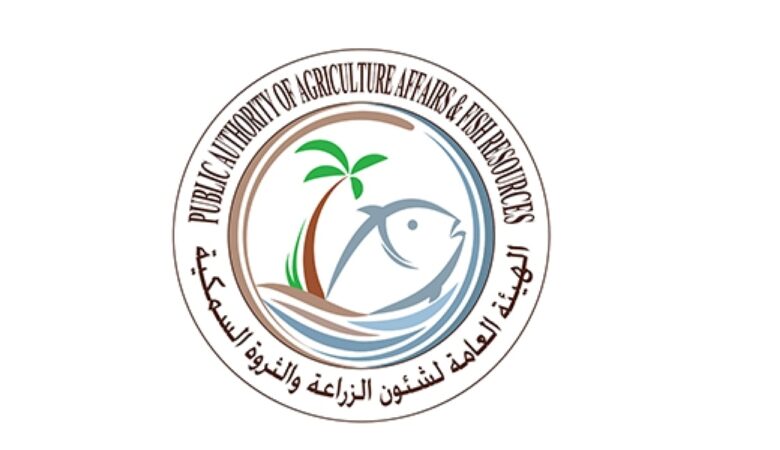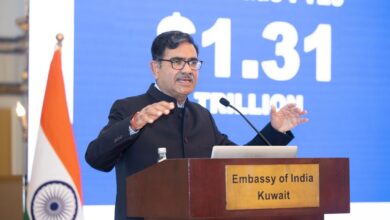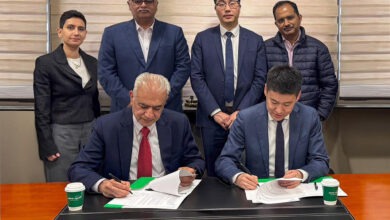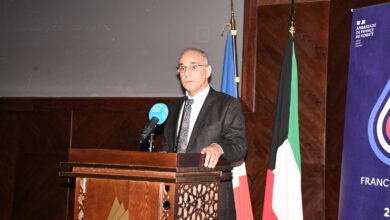GCC meeting highlights urgent need for unified action on food security
Gulf agricultural sector records growth but faces water scarcity, import reliance

- Gulf cooperation essential to overcome climate and resource challenges: Al-Hai
- Heavy reliance on food imports—exceeding 80% of total consumption — makes the region susceptible to global price fluctuations and supply chain disruptions: Al-Sunaidi
Acting Director General of the Public Authority for Agricultural Affairs and Fish Resources, Engineer Salem Al-Hai, said the 33rd meeting of the GCC Agricultural Cooperation Committee represents an important opportunity to address the food security challenges facing Gulf countries amid climate change and rapid population growth.
Speaking at the opening of the preparatory meeting for undersecretaries of ministries responsible for agriculture and food security in the GCC, Al-Hai said current regional circumstances demand intensified joint efforts to strengthen production systems and ensure the efficient use of resources.
He noted that the meeting reviewed joint agricultural, livestock, and fisheries projects, examined the latest technologies and sustainable management practices, and discussed economic plans to enhance collective efforts to achieve regional food security.
Al-Hai added that recent cooperation among GCC member states has contributed to boosting production efficiency, improving crisis preparedness, and reinforcing overall food security stability.
For his part, Khaled Al-Sunaidi, Secretary-General for Economic and Development Affairs at the GCC Secretariat General, highlighted the growing importance of the agricultural sector in advancing sustainable development, modernizing production systems, and supporting food security across the region.
Al-Sunaidi stated that the Gulf agricultural sector recorded annual growth of 6.8% in 2024, contributing approximately 1.7% to the GCC’s total GDP and 2.3% to non-oil GDP, while creating employment opportunities within agricultural, food, and related value-chain activities.
Despite this progress, he pointed to several major challenges, including water scarcity, limited arable land, climate change impacts, rising soil salinity, and weak rainfall—all factors that continue to affect productivity and sustainability.
He added that heavy reliance on food imports—exceeding 80% of total consumption—makes the region susceptible to global price fluctuations and supply chain disruptions. Nevertheless, the GCC’s efforts to build strategic reserves, enhance logistics, and improve distribution efficiency have helped mitigate these risks.












